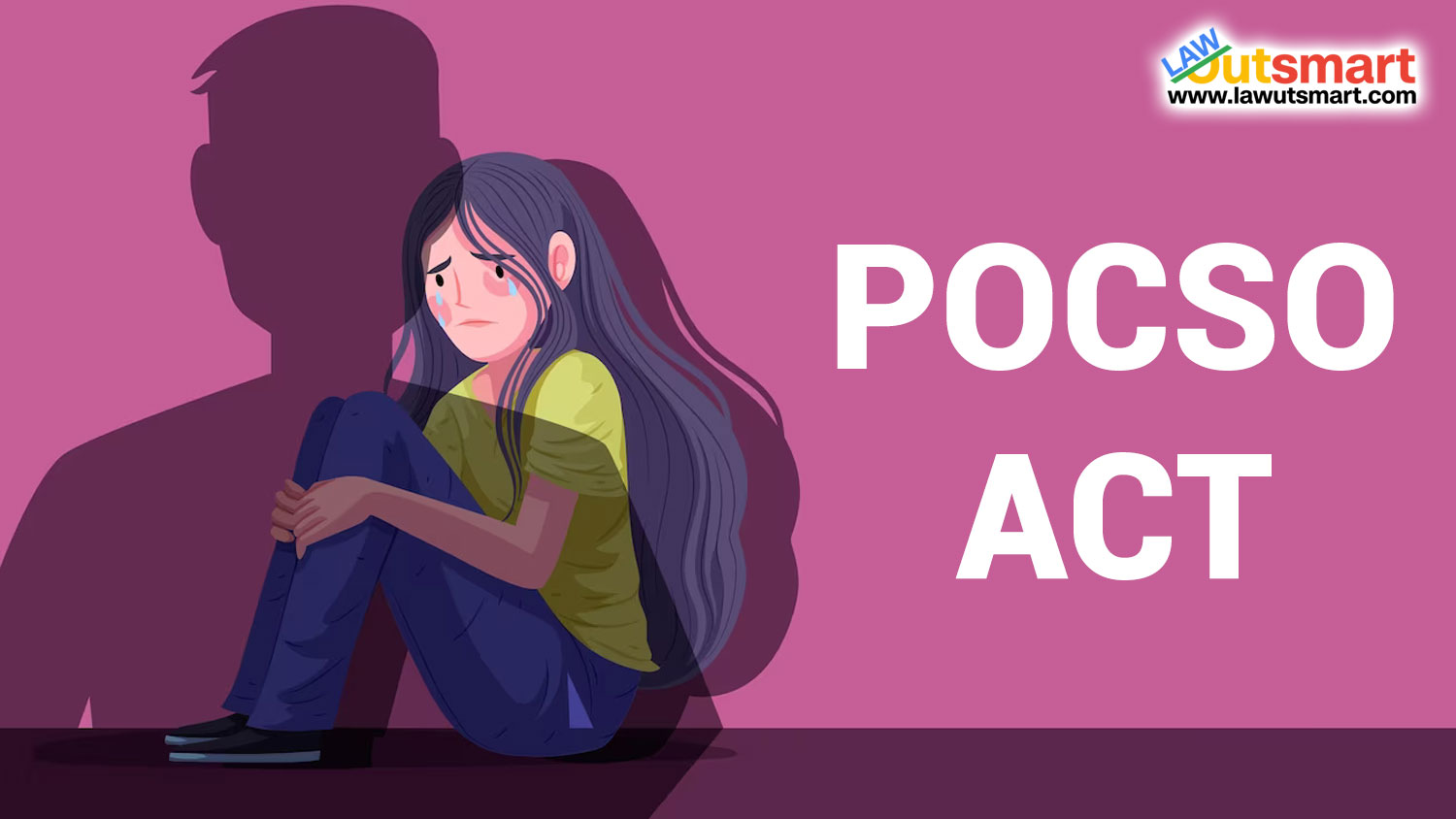In an age where the safety of children is increasingly under threat, laws like the Protection of Children from Sexual Offences (POCSO) Act in India serve as crucial mechanisms for protection and justice. Enacted in 2012, the POCSO Act is a comprehensive law aimed at addressing sexual abuse and exploitation of children up to 18 years of age, irrespective of their gender. This article will delve into the intricate facets of the POCSO Act, dissecting its history, key provisions, significance, and the challenges faced in its implementation.
Historical Background
Prior to the enactment of the POCSO Act, cases of child sexual abuse were usually registered under the Indian Penal Code (IPC). However, the IPC was not sufficient to handle the complexities of child sexual abuse, as it did not cover all forms of exploitation nor provide for a child-friendly legal process. Recognizing the urgency and the lacunae in existing laws, the Government of India introduced the POCSO Act on 14 November 2012, thereby providing a robust legal framework tailored for the purpose.
Structure and Key Provisions
The POCSO Act is divided into chapters and sections, each detailing various aspects concerning child sexual abuse. Some of its key features are:
Types of Offenses
The Act categorizes sexual offenses under different heads like penetrative and non-penetrative sexual assault, sexual harassment, and using a child for pornographic purposes.
Gender Neutrality
One of the significant aspects of the POCSO Act is its gender-neutral approach. Both boys and girls up to the age of 18 are protected under the Act.
Stringent Punishments
The Act prescribes rigorous punishment, ranging from a few years of imprisonment to a lifetime, depending on the severity of the offense. In certain cases, it even allows for the death penalty.
Speedy Trials and Child-Friendly Mechanisms
The Act mandates setting up of special courts for the speedy trial of cases and incorporates child-friendly procedures for reporting, recording of evidence, and trial.
Mandatory Reporting
Under the Act, it is mandatory for individuals, including medical professionals and educators, to report cases of child sexual abuse. Failure to do so can result in imprisonment and a fine.
Significance in the Indian Context
Holistic Legal Framework
The POCSO Act is significant as it fills the gap in the existing legal landscape, providing a more holistic and child-centric approach to sexual offenses against minors.
Deterrent Factor
The stringent penalties prescribed under the Act act as a powerful deterrent against sexual offenses targeting children.
Social Awareness
The Act, in conjunction with various awareness campaigns, has helped in sensitizing society about the critical issue of child sexual abuse.
Challenges and Controversies
While the POCSO Act is a monumental step in protecting children, it is not without its share of challenges.
Implementation Hurdles
Despite the formation of special courts, the rate of disposal of POCSO cases remains low. This is due to a variety of reasons, including judicial backlog, delays in forensic testing, and ineffective prosecution.
False Accusations
The Act has been criticized for being susceptible to false accusations, especially in the context of child custody battles or personal vendettas.
Complexity and Unawareness
The Act’s complicated legal framework, coupled with a general lack of awareness among law enforcement agencies, results in improper implementation.
Way Forward
For the Act to be effective, awareness and education are key. Law enforcement agencies must be sensitized, and the judiciary must be trained in the child-friendly legal procedures mandated by the Act.
Conclusion
The POCSO Act stands as a landmark piece of legislation in India’s legal history, aiming to provide a secure environment for the country’s future – its children. However, much like any other law, the Act has its own set of challenges and limitations. Despite these hurdles, the POCSO Act remains a significant stride in the direction of child protection and welfare in India. Its effective implementation coupled with societal change can bring about the security and justice that the youngest members of society duly deserve. Thus, while the Act has been successful in laying down the legal infrastructure for combating child sexual abuse, its success ultimately depends on its correct and timely implementation.

